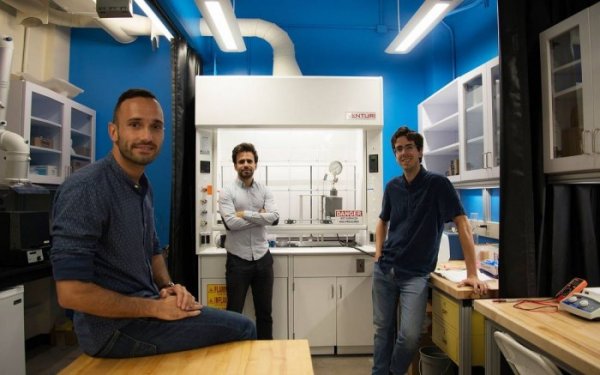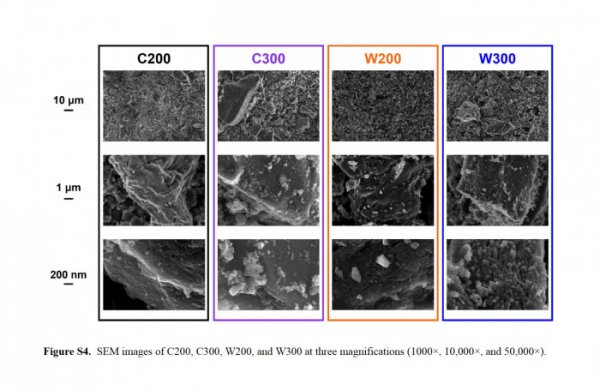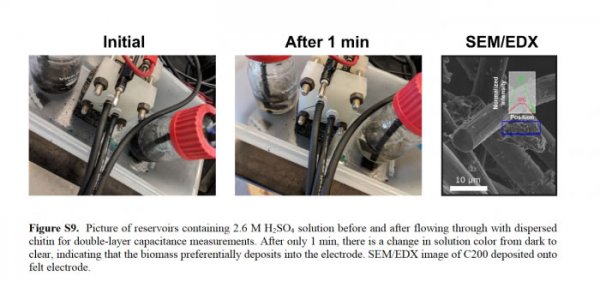At present, lithium ion batteries are the undisputed protagonist in the commercial market, but the renewable energy represented by flow batteries has shown great potential and is expected to become a substitute in the future. Thanks to an ingredient found in shrimp shells, the researchers have developed new electrode assemblies for flow batteries that perform better than current solutions.



For a long time, flow batteries (redox flow batteries) have been regarded as powerful candidates for extracting energy from intermittent energy sources such as wind energy and solar energy, because they can store a large amount of energy at a relatively low cost. Flow batteries store energy in a liquid electrolyte in a huge external tank. The electrolyte moves back and forth through the membrane to exchange ions and charge and discharge the device.
This means that, unlike existing lithium batteries that store energy in electrode materials, the storage capacity of these flow batteries can be expanded by simply increasing the size of the storage tank. This type of battery architecture is very suitable for renewable energy storage, because in this case, the energy may not be generated on demand, but often need to be saved for later use.
Among the current flow battery solutions, the more potential is to use metal vanadium as an electrolyte. This material is welcomed because of its reliability during charging and discharging. In the process of transferring between vanadium ions, the electrode of the battery facilitates this process, which is usually made of carbonized polyacrylonitrile (a synthetic polymer).
However, a project at the Massachusetts Institute of Technology is mainly looking for other natural materials to provide more sustainable solutions, and hopes to find better performance alternatives. Researchers have found chitin, a cellulose-like polysaccharide that is common in shrimp shells, and we have seen it used to develop from compostable food packaging, to advanced body armor, to cheaper medicines .
The lead author of the project, Francisco Martin-Martinez of Swansea University, said: "We propose to produce these vanadium flow battery electrodes with chitin, which is a material derived from shrimp shells , In addition to carbon, also contains nitrogen".
The research team deposited chitin on the felt electrode and tested it as part of a vanadium redox flow battery. The test results show that the peak power density is improved by ~100 mW cm–2. The improvement in performance is certainly welcome, but the team is also excited about the sustainable nature of the design.
Martinez said: "Its benefits are not only its good performance, but also the low cost of the starting materials, which makes the electrodes more sustainable in view of the reuse of waste. These electrodes from shrimp waste can also be used in Supercapacitors, electrochemical devices that provide extremely high energy density, and even in the process of desalination of seawater, but our research focuses on vanadium redox flow batteries."
Aluminum Sliding Windows,Aluminium Frame Glass Sliding Window,Aluminum Vertical Sliding Window,Heat Insulated Aluminum Window
Guangdong Jihua Aluminium Co., LTD , https://www.gdaaluminiumprofile.com